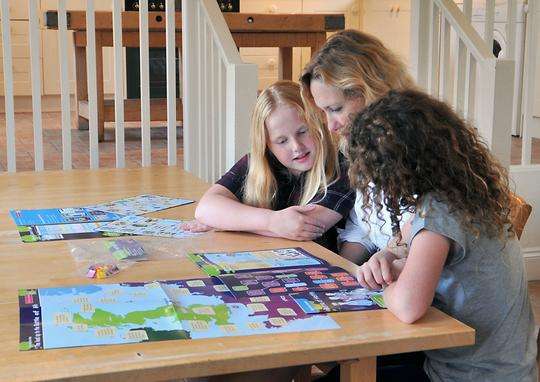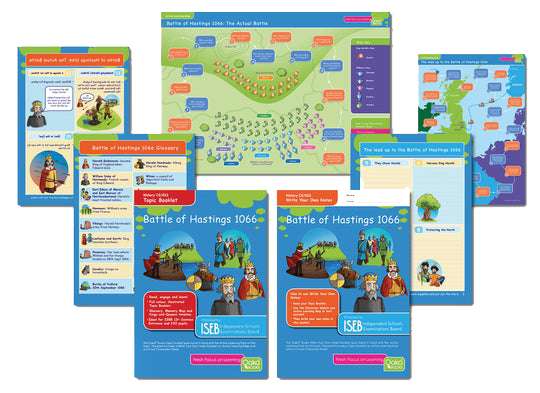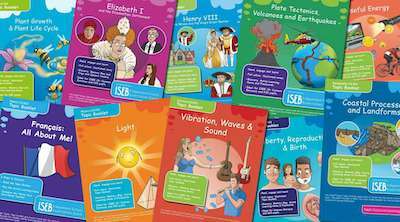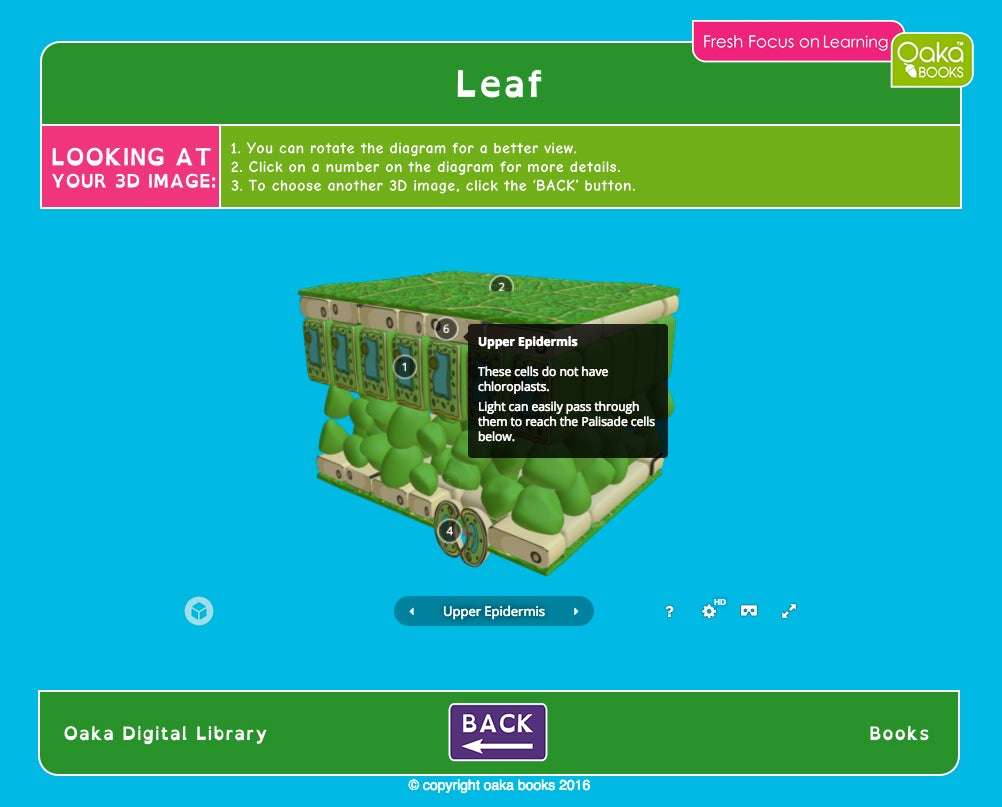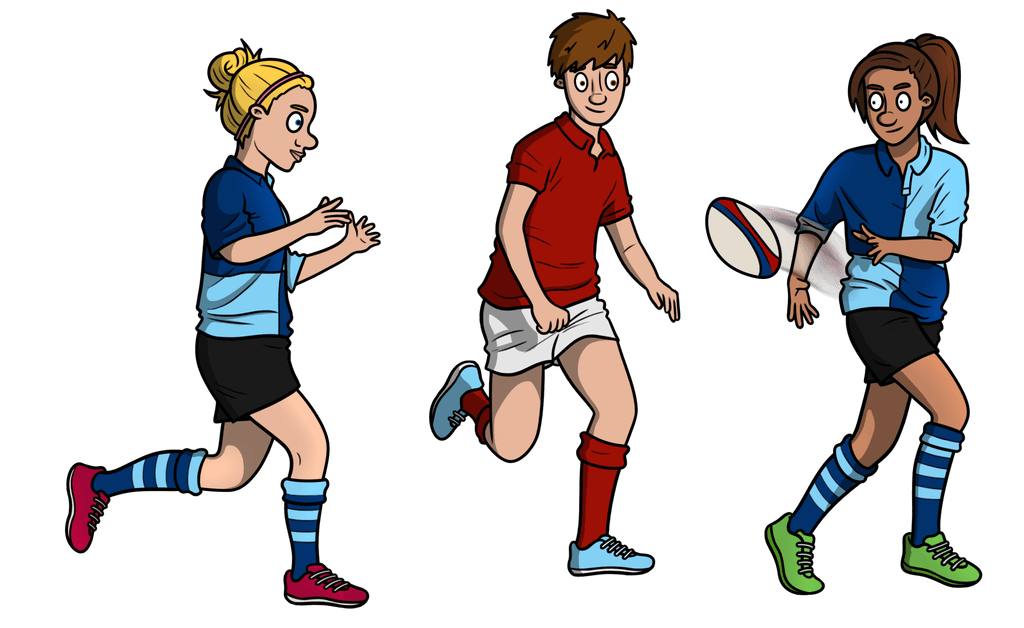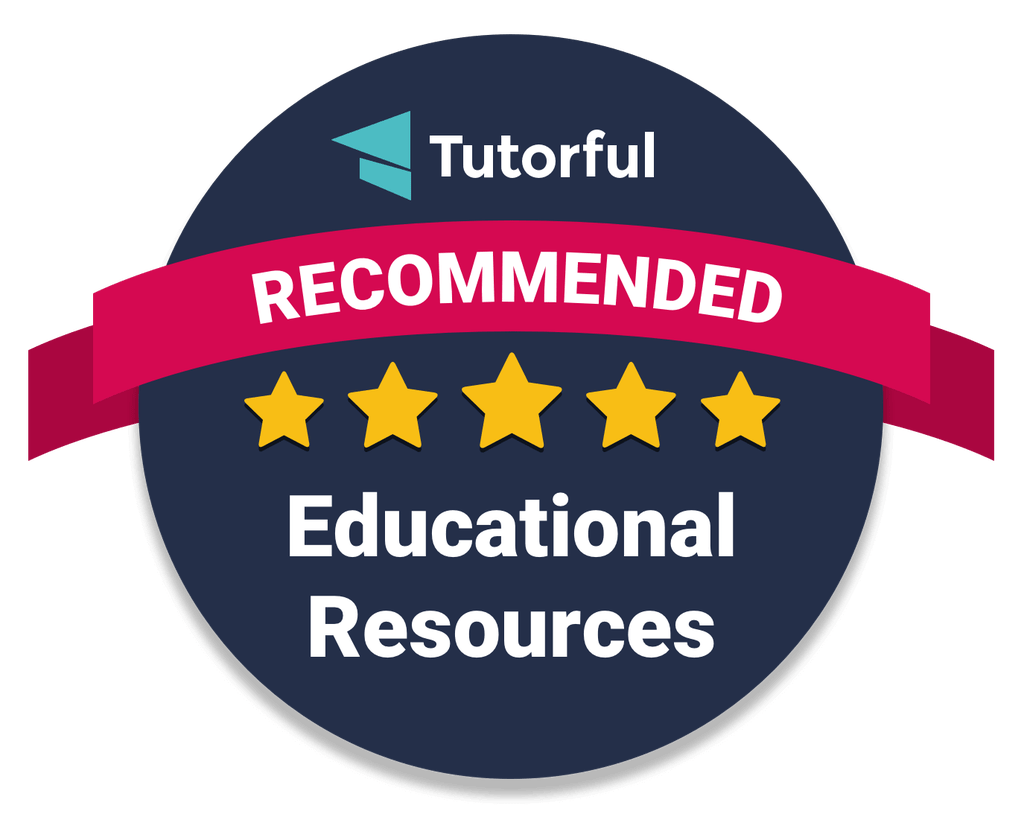Several years ago, Richard Bailey, Professor of Pedagogy at Roehampton University undertook a review of benefits of physical education and sport in schools (2006). His study included data from a Council of Europe report that suggested that sport enables children to meet and communicate, take on different roles, learn social skills, tolerance, respect, cohesion and…
What matters in education, is what works – and Tech for Teachers is an awards scheme launched in 2017 by the publishers of Technology & Innovation and Teach Secondary magazines, aimed at identifying the very best classroom innovations in seven, curriculum-linked categories. Only resources with the potential to have real, measurable impact on teaching and…
We are delighted to let you know that our resources are now being recommended by Tutorful, the UK’s leading tuition marketplace.
Last week I went to a fantastic talk by Dr Susie Nyman organised by the Helen Arkell Dyslexia Centre. What an inspirational teacher! If all our children had teachers like Susie they would be flying.
Her hugely motivating talk was about using multi-sensory learning in the classroom and she has some great ideas. The teachers and parents in the audience were hanging on her every word. If you ever have a chance to hear Dr Nyman speak, go.
Parents hand over a good amount of their child’s education to school and teachers at this point, to specialists and professionals. But even at school age, most of a child’s time is spent at home and learning is done at home too. No matter how dedicated your teachers, the person most interested in your child’s success at school will be you.
Visual learners and children with dyslexia learn more effectively, for instance, when information is brought to life – lifted up from the page or the screen and made to dance in front of them, in ways which allow them to truly engage with it. They need to be able to see the concepts in action and partake in the process, especially in a classroom environment which can, at times, be overwhelming or stifling.
Kate Doehren, Director of Learning Support at Hurstpierpoint College and advocate of Oaka Books, explores how every child must learn the most important lesson of all – how to learn – before they can strive to reach their full potential.
While teachers want to stretch and challenge their pupils, as well as having targets to meet, these expectations can backfire when it comes to students with special educational needs. SEN pupils need a sustained approach to their reading. Being given the same material as their fluent-reading peers could fail in the long run. If learners…
Lev Vygotsky was a Russian psychologist who died in 1938 but his work lives on in classrooms across the world. Vygotsky’s Social Development Theory has been hugely influential since the 60s and breaks down into three main areas: The importance of social interaction in development The “More Knowledgeable Other” The Zone of Proximal Development The…
With an epidemic of testing in our schools there is a movement against all the tests and in favour of less assessment. It is assessment that these tests are for – to keep check of pupils’ progress. But so much time is devoted to passing the tests that it takes away from actual teaching time….
“Docendo discimus” said the Roman philosopher Seneca: by teaching we learn. This old wisdom has been proved true in more modern times and the phenomenon is known as the Protégé Effect. Some of the first indications came from studies that looked at links between birth order and intelligence. Two separate studies showed that first borns…

